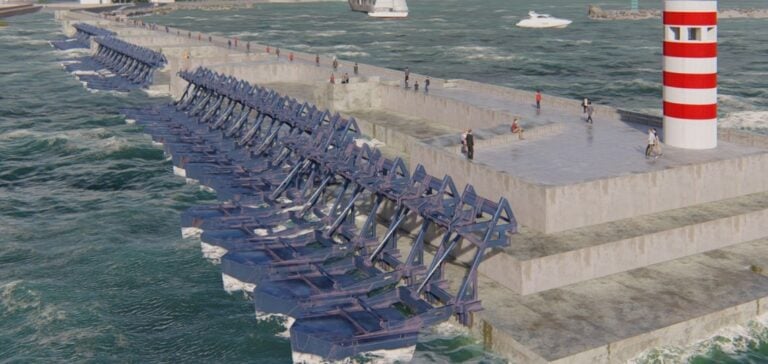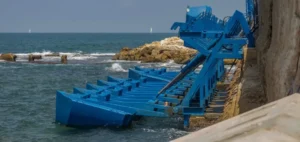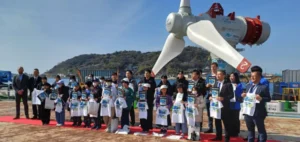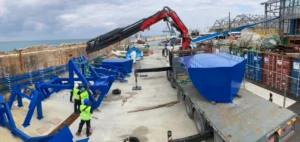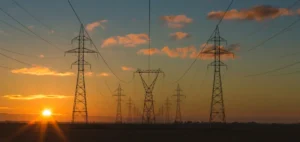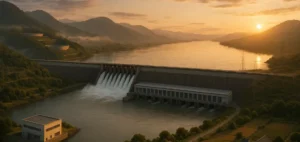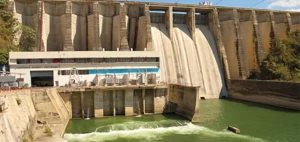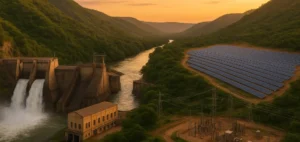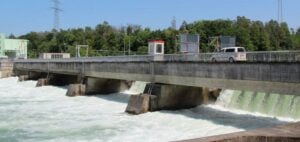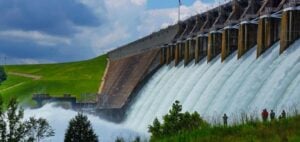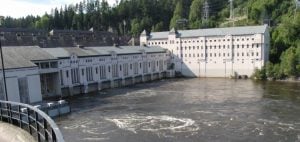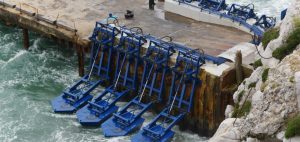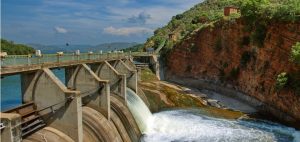The renewable energy sector welcomes a major innovation with the official launch of the first industrial wave energy project in Porto by Eco Wave Power.
The project, led by company founder and CEO Inna Braverman, is being carried out in collaboration with APDL (Administração dos Portos do Douro, Leixões e Viana do Castelo, S.A) and aims to transform wave energy into a sustainable and reliable source.
The initial project involves the installation of energy conversion equipment under the Porto breakwater, in a gallery that will be open to the public as an educational museum on wave energy.
This first megawatt (MW) installation is part of a 20 MW concession agreement with APDL, providing for a gradual expansion of installed capacity.
Impact and Local Development
This initiative promises significant benefits for the local economy.
Eco Wave Power’s engineering team worked with local subcontractors and manufacturers to select the preferred partners for the project’s implementation.
This collaboration should stimulate job creation and the development of a sustainable industry in Porto.
Inna Braverman emphasizes that this project will be the first to demonstrate significant energy production from waves.
It will position Eco Wave Power as a world leader in this field, and is a crucial step towards commercializing their technology.
Regulatory context and national objectives
In March 2024, Eco Wave Power received final approval from the APDL to start construction after issuing a performance bond.
The project aligns with the Portuguese government’s energy plan, which aims to generate 85% of its electricity from renewable sources by 2030, up from 61% in 2023.
Portugal stands out for its ambition to become a leader in renewable energies in Europe.
Integrating wave energy into the national energy mix could strengthen this position, while reducing the carbon footprint of the Port of Porto.
Legal Support and Partnerships
To navigate the regulatory framework, Eco Wave Power is supported by PLMJ, a Portuguese law firm headed by Joana Brandão.
This partnership ensures the project’s compliance with local regulations and has supported Eco Wave Power since 2020.
This cooperation with local authorities and industry players underlines Portugal’s commitment to innovative and sustainable technologies.
This pilot project could serve as a model for similar initiatives around the world, demonstrating the potential of wave energy.
The completion of this project marks a significant step forward in the development of renewable energies.
It demonstrates the commitment of Eco Wave Power and Portugal to a cleaner, more sustainable energy future, opening up new prospects for innovation in the energy sector.

